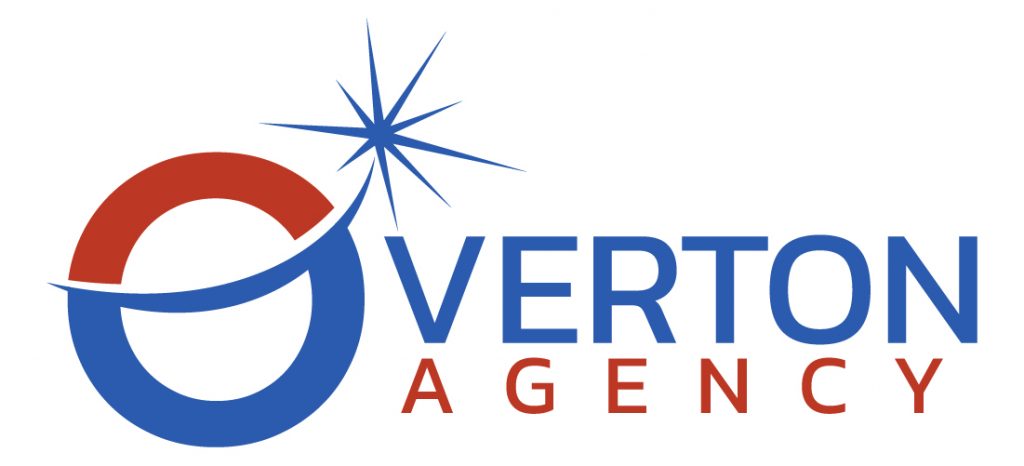Understanding the Basics of Health Insurance Plans
Choosing the right health insurance plan is essential for ensuring you and your family receive the care you need. With various options like HMO, PPO, EPO, and POS, it can be challenging to determine which plan is right for you. Each type of health insurance plan offers unique features, costs, and coverage options. Below, we’ll break down each plan type to help you understand the differences and make an informed decision.
What is an HMO?
An HMO, or Health Maintenance Organization, is a health plan that requires members to choose a primary care physician (PCP). Your PCP is your main point of contact for all your healthcare needs and will coordinate your health care, including providing referrals to see a specialist. HMO plans typically require you to stay in-network, meaning you must use healthcare providers and facilities that are within the HMO network to have your care covered. Out-of-network care is usually not covered except in emergencies.
Key features of an HMO plan include:
- Lower premiums and out-of-pocket costs
- Requires a PCP and referrals to see a specialist
- No coverage for out-of-network care, except emergencies
Understanding PPO Plans
A PPO, or Preferred Provider Organization, offers more flexibility when it comes to choosing healthcare providers. While PPO plans have a network of preferred providers, you are not required to choose a PCP and can see specialists without a referral. This gives you the freedom to seek care from both in-network and out-of-network providers, although out-of-network care usually comes with higher out-of-pocket costs.
Key features of PPO plans include:
- Higher premiums than HMOs
- No need for referrals to see specialists
- Coverage for out-of-network care, with higher costs
EPO and HDHP: Exclusive Provider Organization Plans
An EPO, or Exclusive Provider Organization, combines features of both HMO and PPO plans. EPO plans often require members to use in-network providers with no coverage for out-of-network care, similar to an HMO. However, like a PPO, you do not need referrals to see specialists. High Deductible Health Plans (HDHP) often accompany EPOs, which means you pay lower premiums but have higher deductibles.
Key features of EPO plans include:
- No need for a PCP or referrals
- Lower premiums with higher deductibles
- Exclusive in-network care with no out-of-network coverage
POS Plans: A Balanced Approach
POS, or Point of Service, plans offer a combination of features from both HMO and PPO plans. A POS plan requires you to choose a primary care physician and obtain referrals for specialist care, much like an HMO. However, you have the flexibility to seek out-of-network care, similar to a PPO, although it may come with higher out-of-pocket costs.
Key features of POS plans include:
- Requires a PCP and referrals for specialists
- Option for out-of-network care with higher costs
- Balanced premiums and deductibles
Comparing HMO vs. PPO vs. POS vs. EPO
Understanding the differences between HMO, PPO, POS, and EPO plans is crucial to selecting the best health coverage for you. Consider the following when comparing these plans:
- HMO plans offer lower costs but require a PCP and referrals, with no out-of-network coverage.
- PPO plans provide more flexibility with provider choices and out-of-network care but come with higher premiums.
- EPO plans focus on lower premiums and in-network care without needing referrals.
- POS plans combine features from both HMO and PPO plans, offering balance but requiring a PCP and referrals.
Which Plan Is Right for You?
Choosing the right health insurance plan depends on your healthcare needs, budget, and personal preferences. Consider factors like whether you prefer having a primary care physician, need out-of-network coverage, or want lower premiums. Each plan type offers different benefits and costs, so it’s important to weigh your options carefully.
We’re Here to Help
At Overton Agency, located in Conway, Arkansas, we understand the importance of selecting the right health insurance plan. Our team is here to help you understand your options and find a plan that fits your needs. Call us today at 501-881-2050 for personalized assistance and to ensure you get the health coverage that’s right for you. Your health is our priority, and we’re committed to providing you with the information and support you need.
